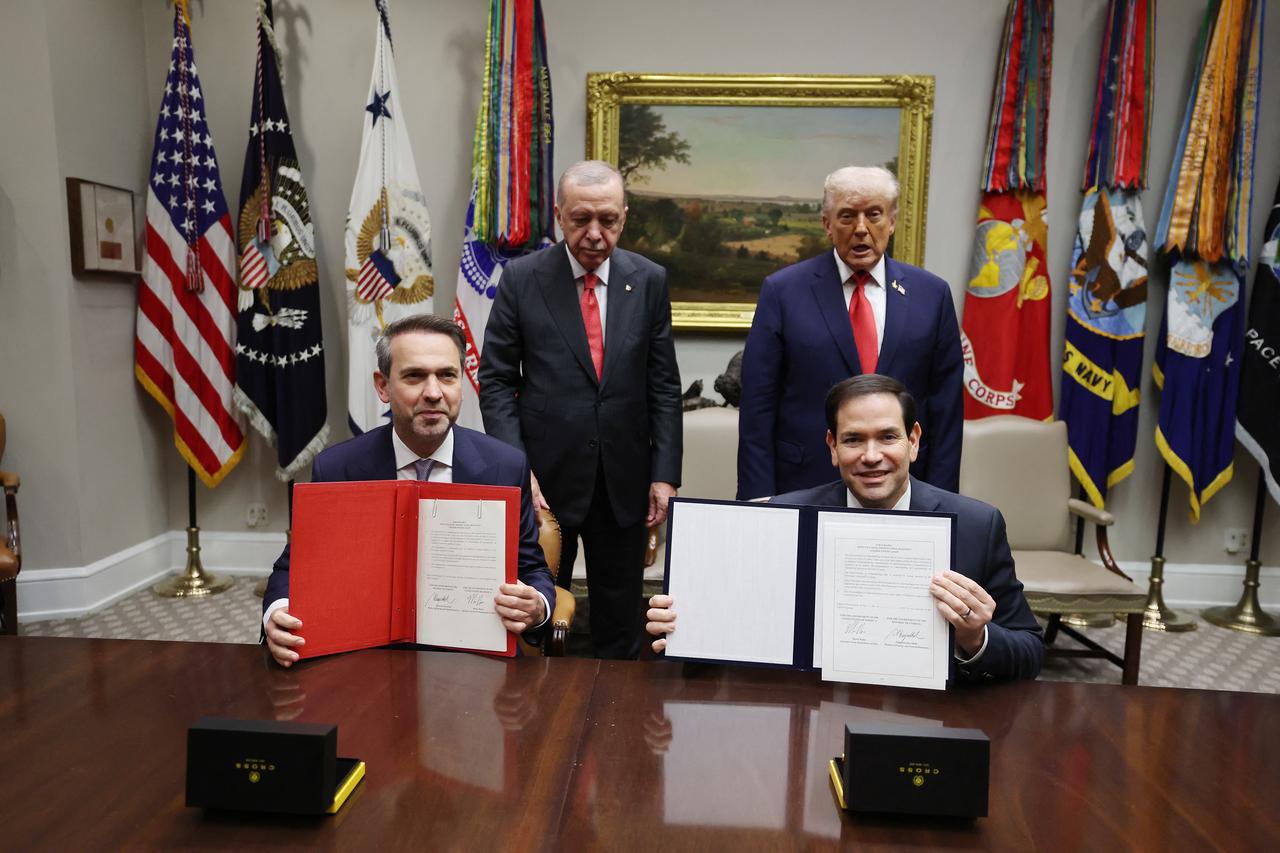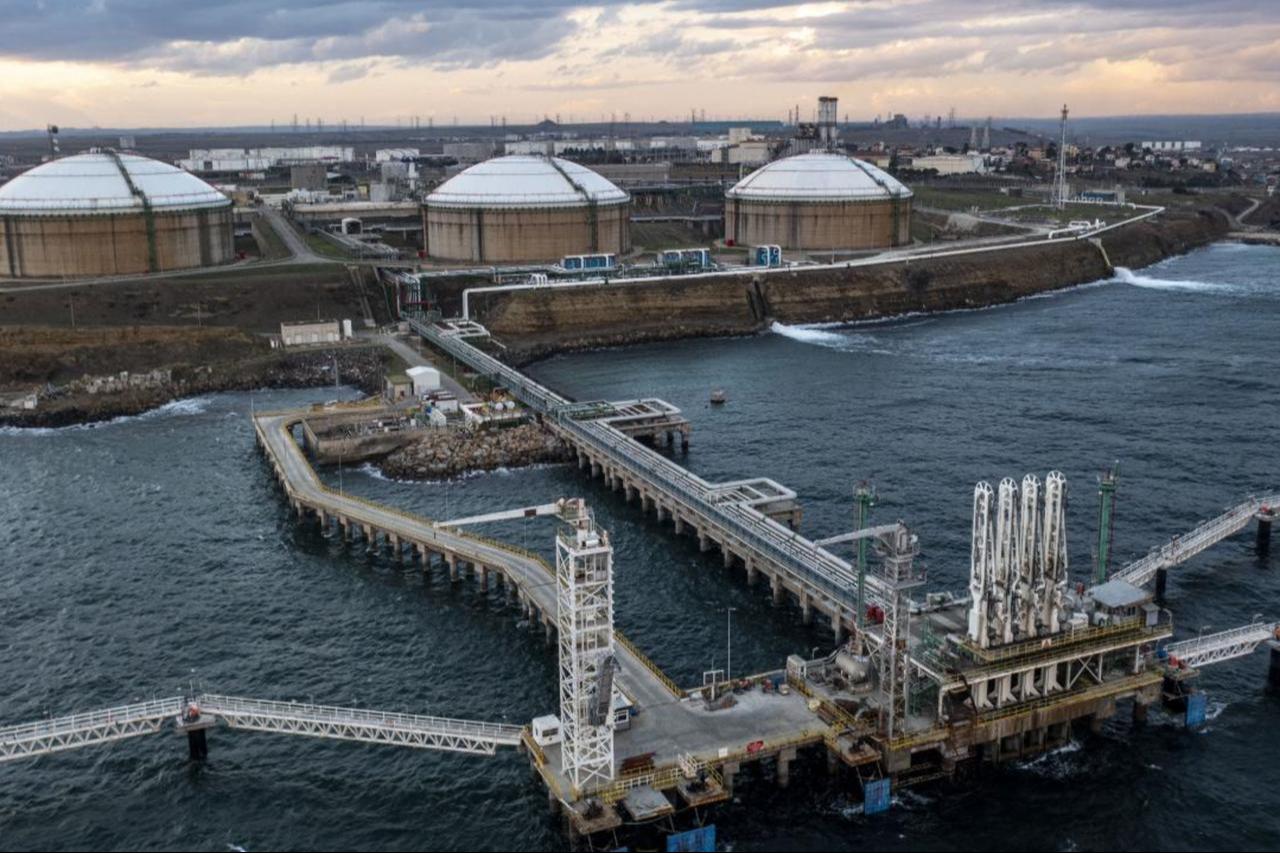
Türkiye and the United States have signed new agreements on liquefied natural gas and nuclear energy, which will deepen the strategic energy partnership between the two countries, strengthen Türkiye's goal of becoming a regional energy hub, and support U.S. employment, according to experts.
The Strategic Civil Nuclear Cooperation Memorandum of Understanding (MoU) signed on Sept. 25 aims to develop technological and regulatory cooperation for civil purposes in the nuclear energy field between the two countries, experts said.
A separate long-term agreement between BOTAS and a U.S. LNG exporter will provide Türkiye with approximately 4 billion cubic meters of U.S. LNG annually starting in 2027.
Brigham McCown, senior fellow and director of the American Energy Security Initiative at the Hudson Institute, spoke to state-run Anadolu Agency (AA) on Tuesday, saying both agreements carry strategic importance for energy security and economic cooperation.
McCown characterized the Türkiye-U.S. strategic civil nuclear cooperation memorandum as "a strategic move aimed at moving Türkiye's energy mix away from dependence on unstable suppliers." For the U.S., the agreement will advance the nuclear export market and create employment opportunities, he said.

The agreement aims to strengthen civil nuclear cooperation within the framework of strict anti-proliferation rules, McCown said.
"The agreement ensures that Türkiye's growing energy demand is met through technology sharing, fuel security, and regulatory compliance," McCown said.
"For the US, it develops the U.S. nuclear export market, which translates into employment opportunities in the U.S. It also strengthens NATO's southeastern flank by diversifying Türkiye's energy resources away from Russia," he noted.
The short-term focus will be on workforce training, regulatory cooperation, and ultimately, the development of new U.S. reactors, McCown said.
This could also include Small Modular Reactor (SMR) pilot programs. Technology transfers are always a sensitive issue, and it remains to be seen how the details will take shape, he said.
The new LNG agreement covers a 20-year supply program starting in 2027, McCown said, adding this is a "win-win" in terms of both supply security and economics.
The agreement secures 4 billion cubic meters of U.S. LNG annually, with an additional annual application option depending on U.S. LNG production, McCown said.
"Extra emphasis is placed on winter deliveries to meet peak demand, which can translate into lower natural gas bills for consumers," McCown said, adding, "These flexible terms help Türkiye optimize shipments, but pricing details still need to be clarified."
American LNG will be shipped from U.S. Gulf Coast terminals and processed at regasification facilities after reaching Türkiye, McCown said.

The LNG agreement is quite significant in volume, McCown said.
"Despite this, as far as I know, it will cover less than 10 percent of Türkiye's natural gas demand," McCown said.
"Nevertheless, this small amount can have a disproportionately positive effect on stabilizing gas prices by providing diversification from other volatile suppliers.
Because a small increase in supply exponentially reduces supply constraints and therefore balances pricing," he added.
This step will also support the two countries in reaching their bilateral trade target of $100 billion, McCown said.
On the nuclear side, bringing U.S. reactors into operation will reduce costs for consumers in Türkiye and increase the stability of the electricity supply, he said.